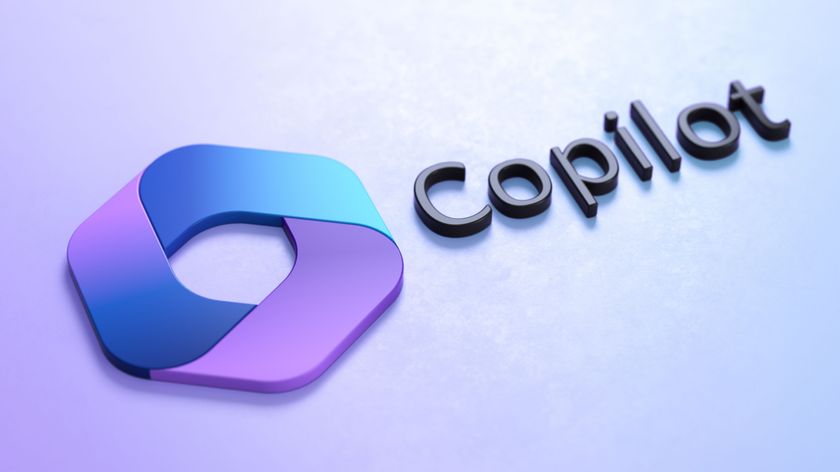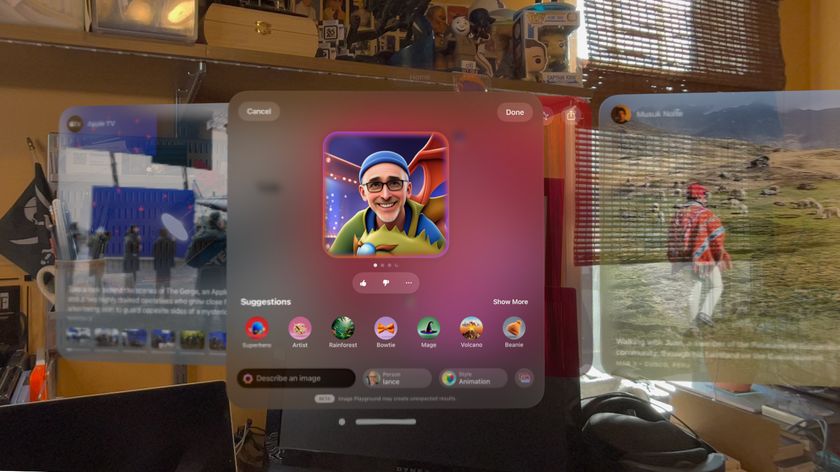Don’t mess with Netflix geoblocks, MPAA warns Australia
Should VPNs be allowed to bypass content region locks?

Recently, the Australian Government (kind of sorta) endorsed the use of VPNs for Aussie consumers wanting to gain access to geoblocked media content, stating that doing so could help to reduce piracy, but the MPAA (Motion Picture Association of America) has now responded, firing off a stern warning against the adoption of any such laws.
A report by the Australian Government Productivity Commission made the anti-geoblocking suggestions in December of 2016, and the Government has since promised to uphold some of them – namely the expansion of safe harbor laws, and holding consultations on restrictive exceptions on ‘fair use’, and investigating whether circumventing geoblocks should be officially made legal.
The MPAA’s warning to the Australian Government comes as part of its own recent report on foreign trade barriers to the US and the organisation claims that the whole proposal shows “a breathtaking lack of understanding of longstanding international norms and the importance of copyright to Australia’s creative industries”.
Why so serious?
It’s perhaps unsurprising that Hollywood isn’t so keen on some of these laws getting passed. Australia is currently paying more for its streaming content and in many cases is getting it much later, so circumventing geoblocks allows Australians access to the content at the same time as other territories, and in some cases unlocks shows and movies that would never have seen a local release.
The Australian Government thinks that giving the public “affordable access to copyright content in a timely manner is a key factor in preventing copyright infringement” as those that do bypass geoblocking already pay for the service, but would possibly resort to piracy if the media was unattainable otherwise at the time of release.
The other two areas that have the MPAA disgruntled are the proposed safe harbor expansion as well as its ‘fair use’ exceptions, which it deems to be vague in nature and, admittedly, do seem as such.
The safe harbor policy that’s currently in place only protects internet service providers (ISPs) from accusations of copyright infringement when users are caught distributing pirated content, but these laws would extend the ‘harbor’ to include all online services, including tech giants such as Google and Facebook – a move which may be detrimental to the film industry due to the lack of incentive these companies have in policing issues of copyright.
Get daily insight, inspiration and deals in your inbox
Sign up for breaking news, reviews, opinion, top tech deals, and more.













